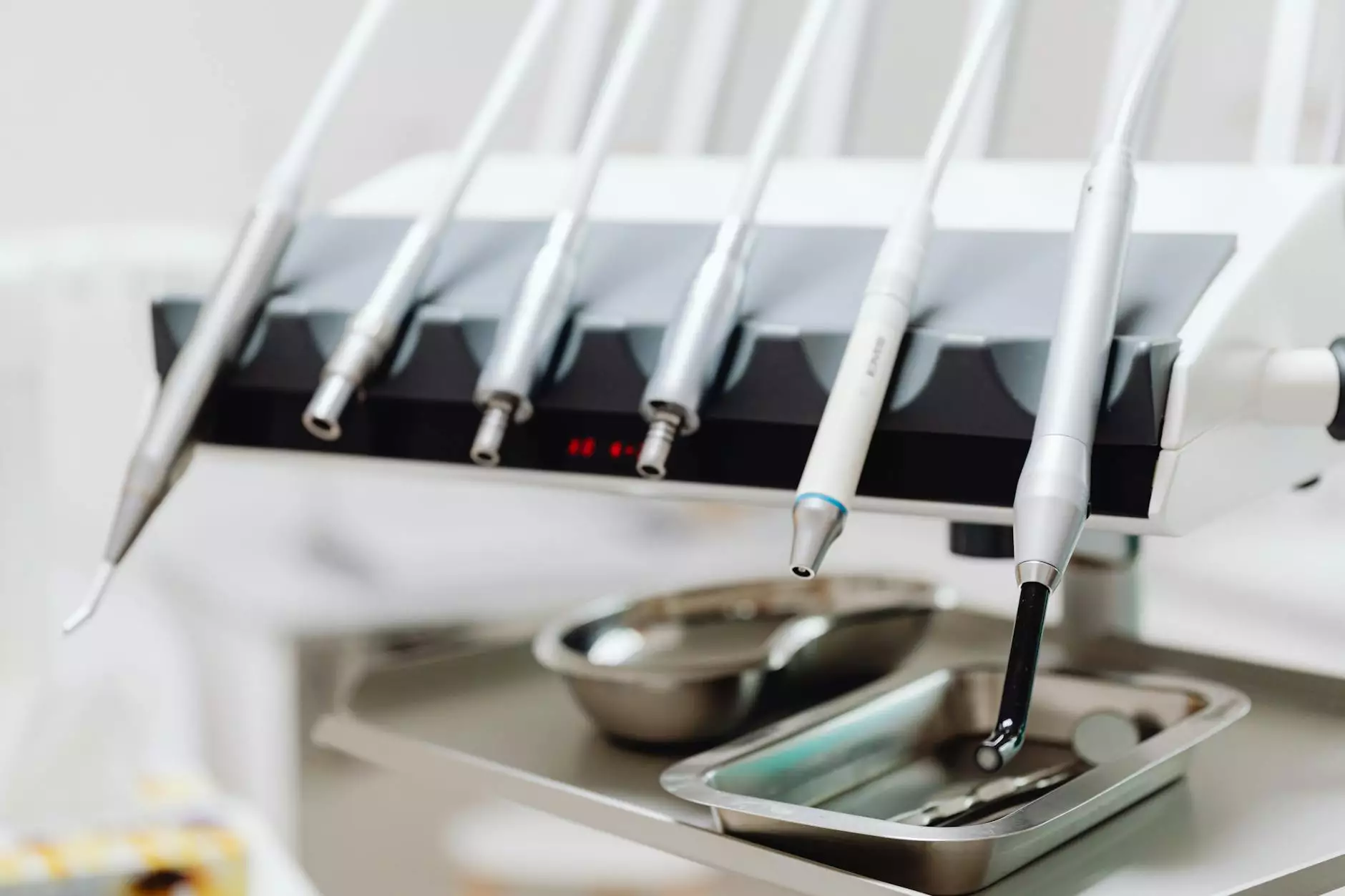Understanding the Benefits of Odulair USP Modular Mobile Clinics

Odulair USP Modular mobile clinics are revolutionizing the healthcare industry by providing innovative solutions that cater to a variety of medical needs. In today’s fast-paced world, the demand for accessible healthcare services has never been higher, and modular clinics offer an efficient and flexible answer to this challenge.
What are Modular Mobile Clinics?
Modular mobile clinics are specialized vehicles designed to deliver medical services in diverse environments. Unlike traditional clinics, these mobile units can be easily transported and set up in various locations, thus reaching underserved communities and enhancing healthcare accessibility.
The Structure of Odulair USP Modular Clinics
Odulair USP Modular clinics are constructed with several key features that maximize their usability and efficiency:
- Customizable Layout: These clinics can be configured based on the specific needs of the healthcare providers and patients. This flexibility ensures that medical equipment and personnel are optimized for a wide range of services.
- Quality Materials: Built with durable and weather-resistant materials, Odulair’s mobile clinics are designed to withstand various environmental conditions, ensuring safety and comfort for patients and staff.
- Advanced Technology: Equipped with the latest medical technology, these clinics allow for high-quality diagnostics and treatment, making them suitable for everything from routine check-ups to emergency care.
- Transport Efficiency: The modular design allows for easy transport and quick setup, ensuring that clinic services can be deployed whenever and wherever they are needed.
The Importance of Accessibility in Healthcare
Accessibility is a critical issue in healthcare. Many communities, particularly rural or economically disadvantaged areas, experience challenges in accessing essential health services. Odulair USP Modular mobile clinics play a pivotal role in addressing these disparities. By providing on-the-ground medical services, these clinics help to:
- Reduce Travel Barriers: Patients no longer need to travel long distances to receive medical attention, which can be a significant hurdle for those without reliable transportation.
- Increase Patient Engagement: By bringing services directly to communities, these clinics foster greater patient involvement in their health care, leading to higher rates of screening and preventive care.
- Improve Health Outcomes: Easier access to healthcare translates into timely diagnostics and treatments, resulting in better overall health metrics for the populations served.
Applications of Odulair USP Modular Mobile Clinics
The versatility of Odulair USP Modular mobile clinics allows them to be used in a variety of scenarios, including:
- Disaster Response: In the wake of natural disasters, these clinics can be rapidly deployed to provide immediate medical assistance and help during crisis situations.
- Community Health Initiatives: Health fairs, vaccinations, and screenings can be efficiently organized through the use of mobile clinics, targeting areas with limited healthcare resources.
- Remote Patient Care: For patients with mobility challenges or those residing in remote locations, having a mobile clinic nearby can make a critical difference in their ability to receive care.
- Corporate Health Programs: Companies seeking to enhance the health and wellness of their employees can utilize mobile clinics for on-site health services.
Challenges and Solutions in Implementing Modular Mobile Clinics
Implementing Odulair USP Modular clinics does come with its challenges, but these can be effectively managed:
- Regulatory Compliance: Ensuring that mobile clinics abide by local health regulations and licensing can be complex. Engaging with legal experts early in the planning phase can streamline compliance processes.
- Resource Availability: Proper staffing and equipment are critical. Establishing partnerships with local health organizations can alleviate resource constraints and foster community trust.
- Public Awareness: Educating communities about the availability of mobile clinic services is essential for patient engagement. Targeted outreach campaigns and local collaborations can enhance visibility.
Future Trends in Mobile Healthcare Services
The landscape of mobile healthcare is rapidly evolving with advances in technology. Looking ahead, we can expect to see:
- Telemedicine Integration: As telehealth continues to grow, integrating virtual care into mobile clinic services will allow providers to reach an even broader patient base.
- Solar-Powered Clinics: Sustainability innovations, such as solar panels, can enhance the operational efficiency of mobile clinics, making them more eco-friendly.
- AI and Data Analytics: Utilizing artificial intelligence to optimize services and collect patient data can improve healthcare delivery and outcomes.
- Enhanced Patient Experience: Focusing on the design and comfort of mobile clinics will ensure a more pleasant patient experience, potentially leading to higher patient satisfaction rates.
Conclusion: Embracing the Future of Healthcare with Odulair USP Modular
In conclusion, Odulair USP Modular mobile clinics represent a transformative approach to healthcare delivery, addressing significant barriers to access and improving health outcomes for populations in need. With their customizable designs, advanced technological capabilities, and ability to respond swiftly to emerging healthcare challenges, these mobile clinics are more than just a temporary solution; they are a long-term investment in the health and well-being of communities.
As we move towards a future where healthcare needs are continuously evolving, the importance of innovative solutions like modular mobile clinics will only grow. Businesses, healthcare providers, and communities must collaborate to embrace these advancements, ensuring that everyone has access to essential medical services.









